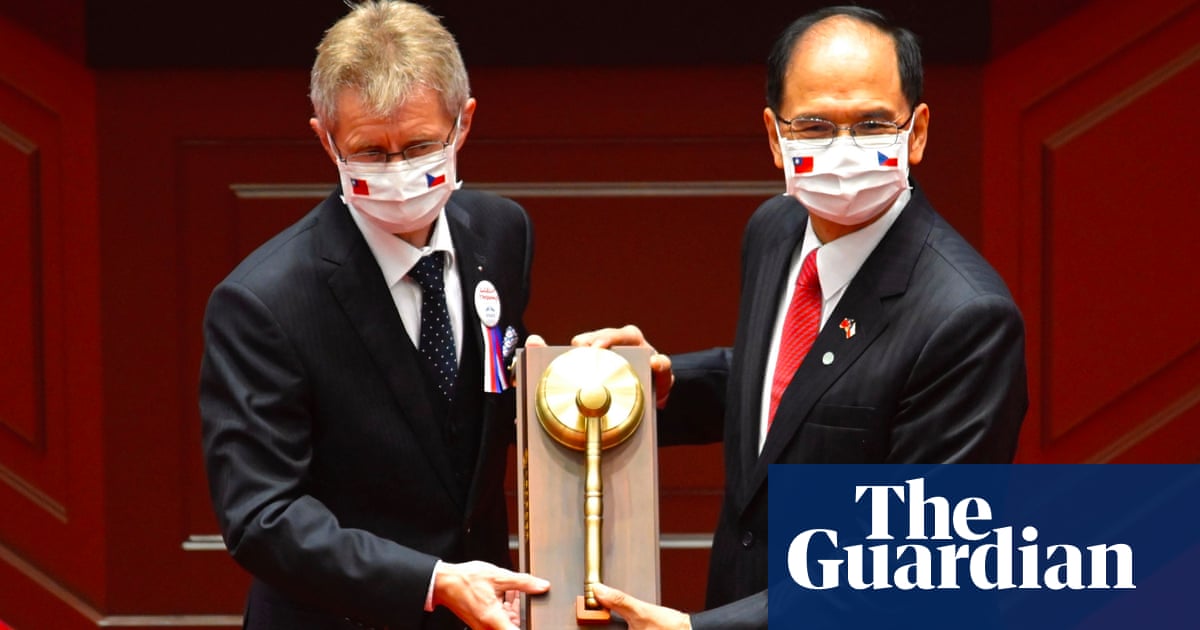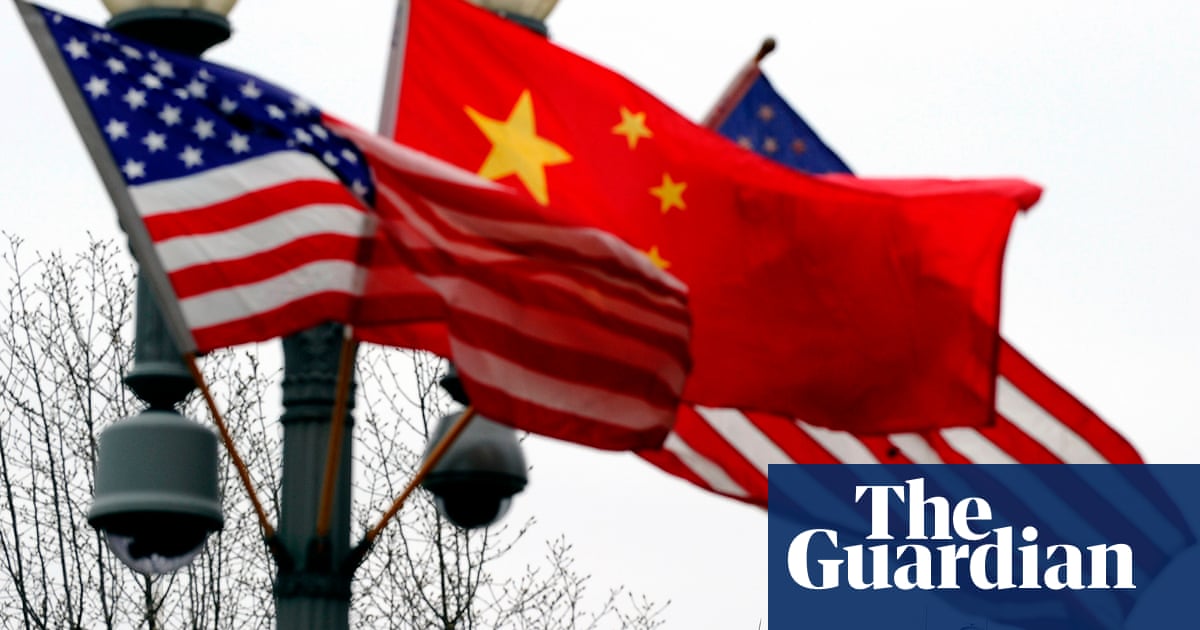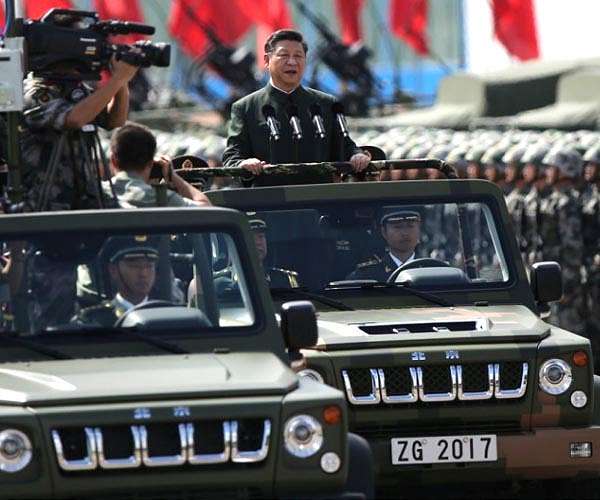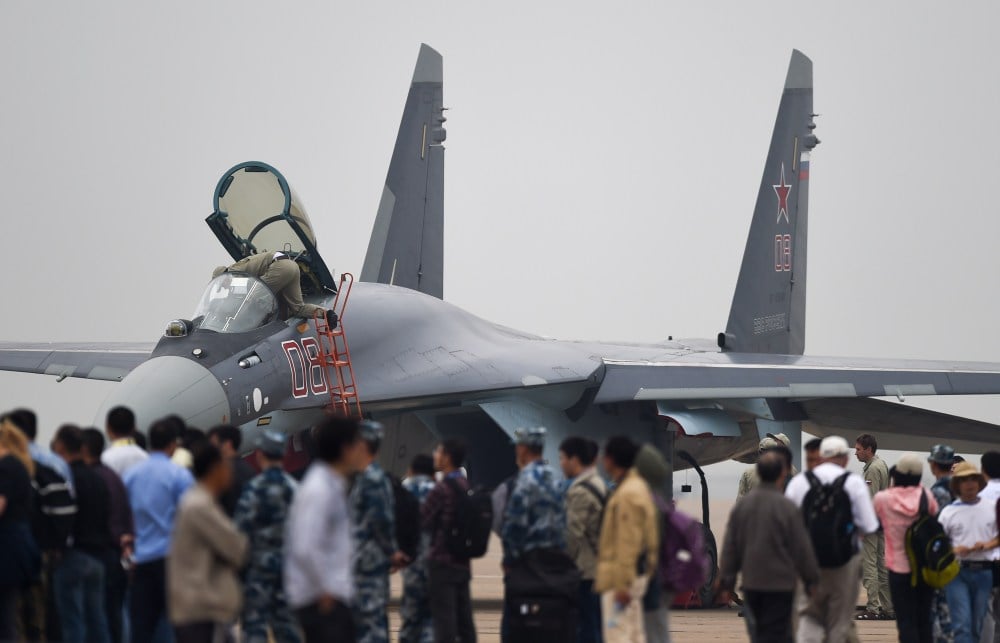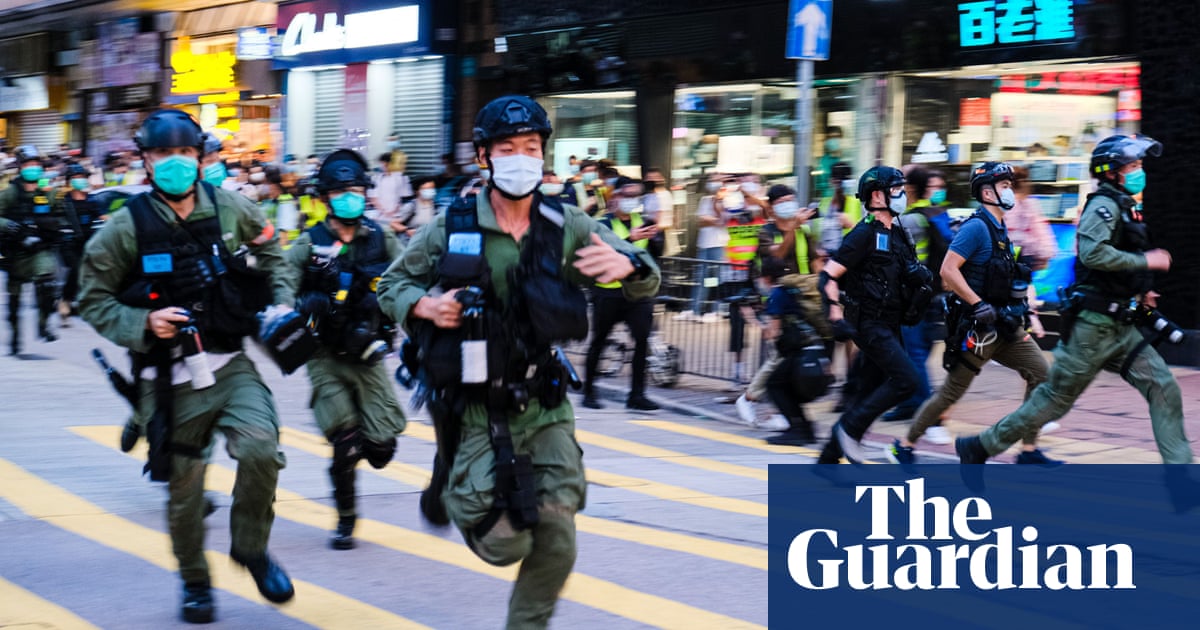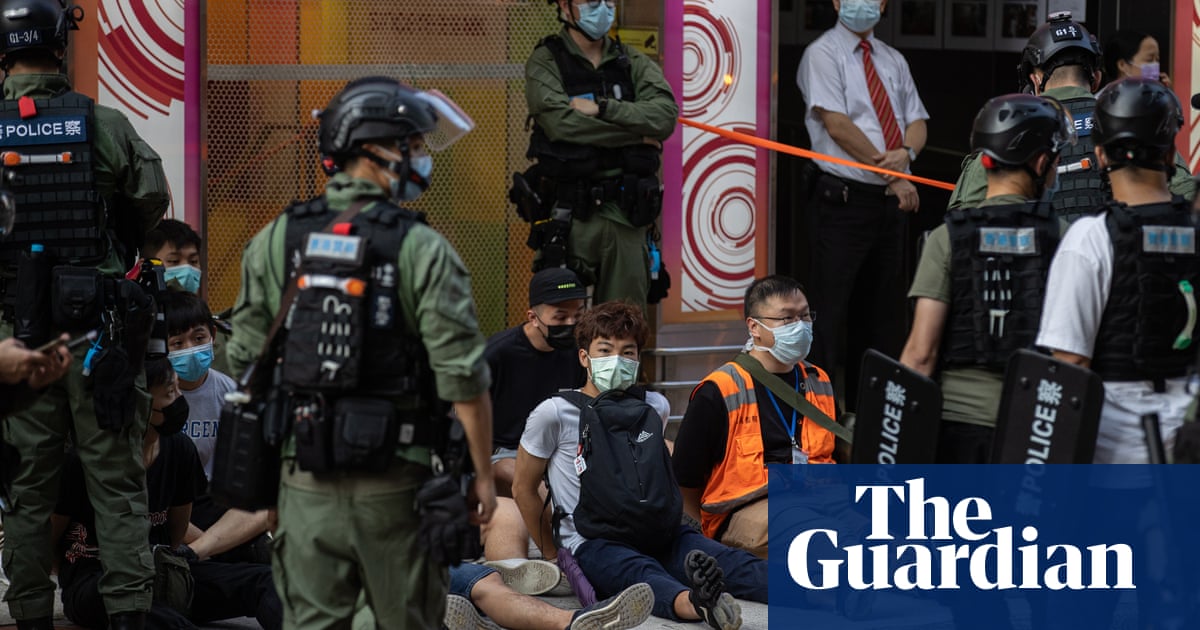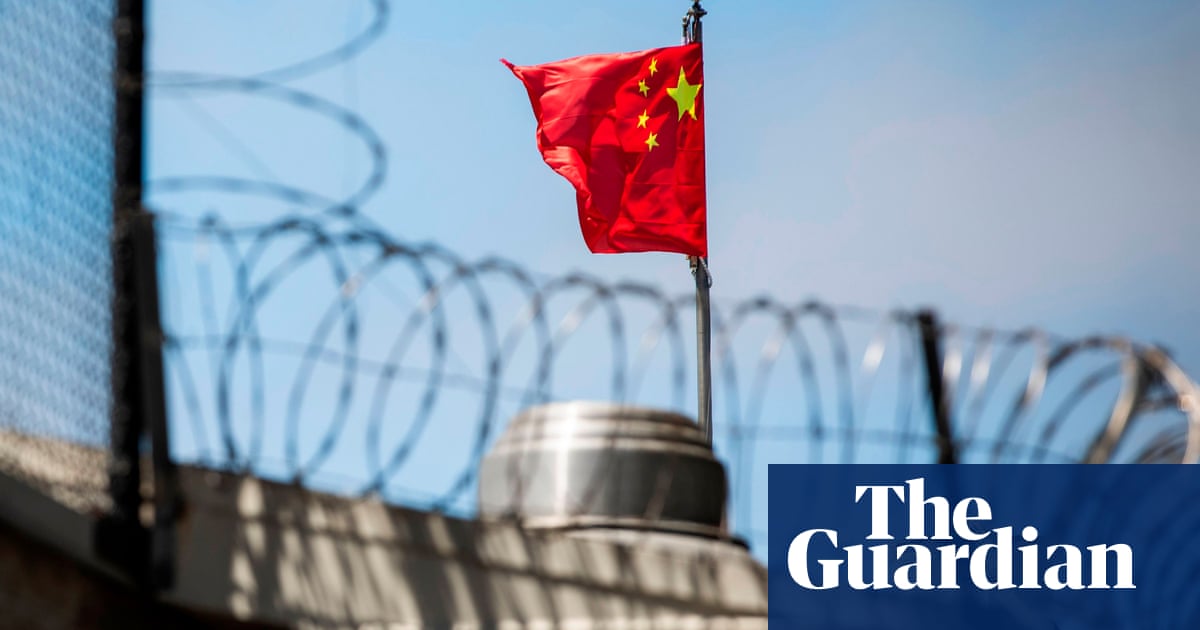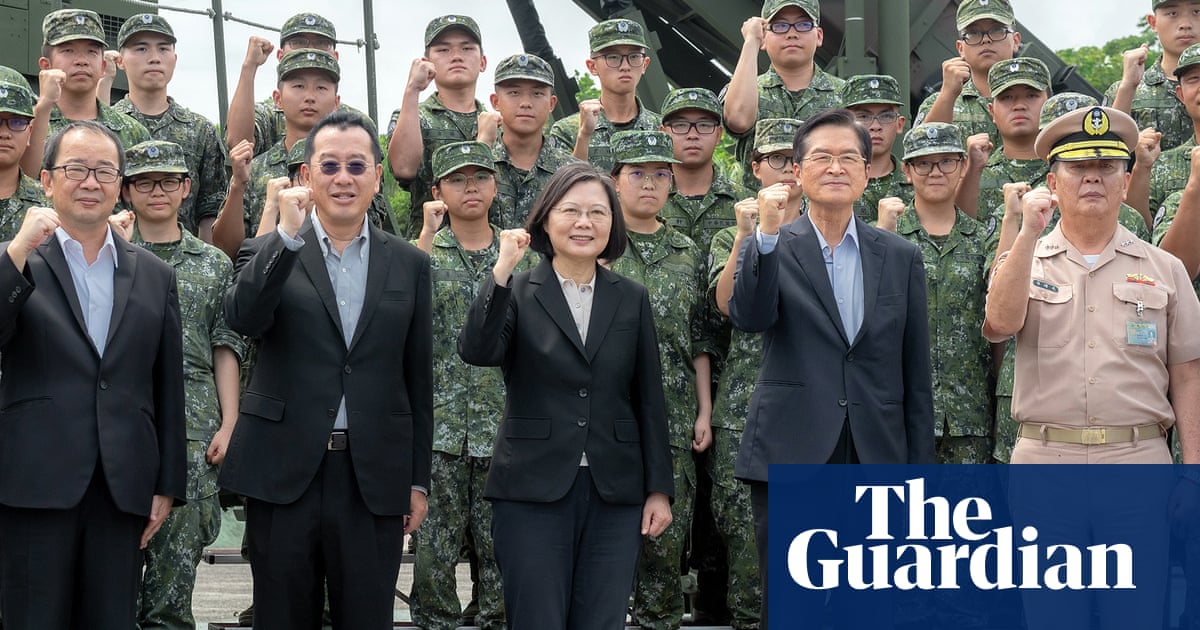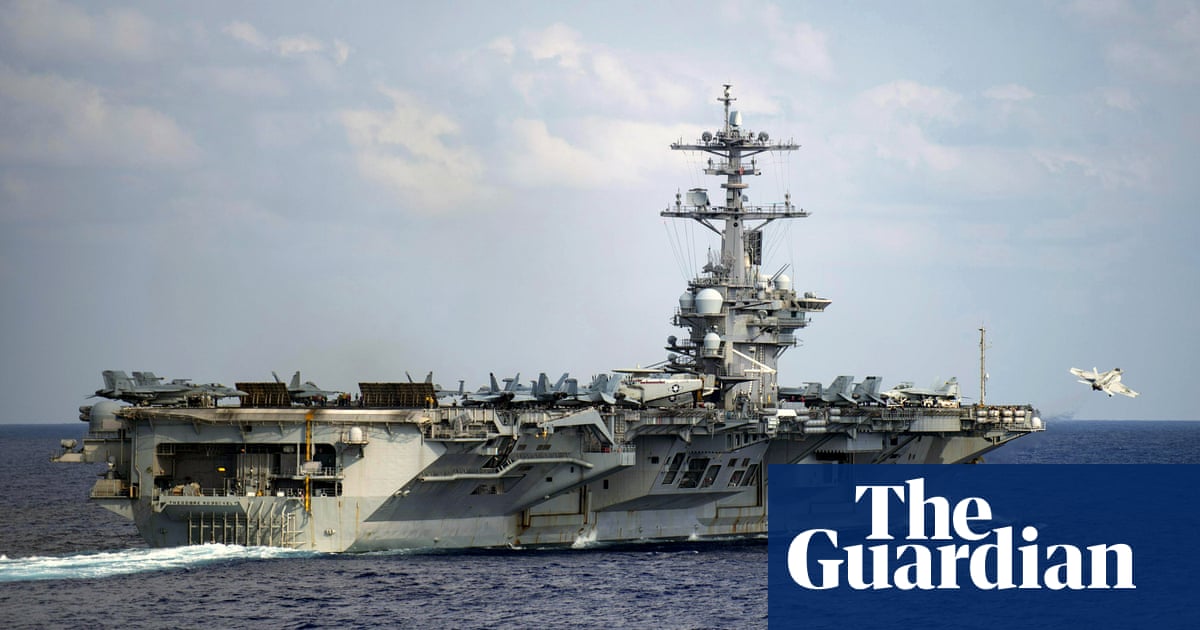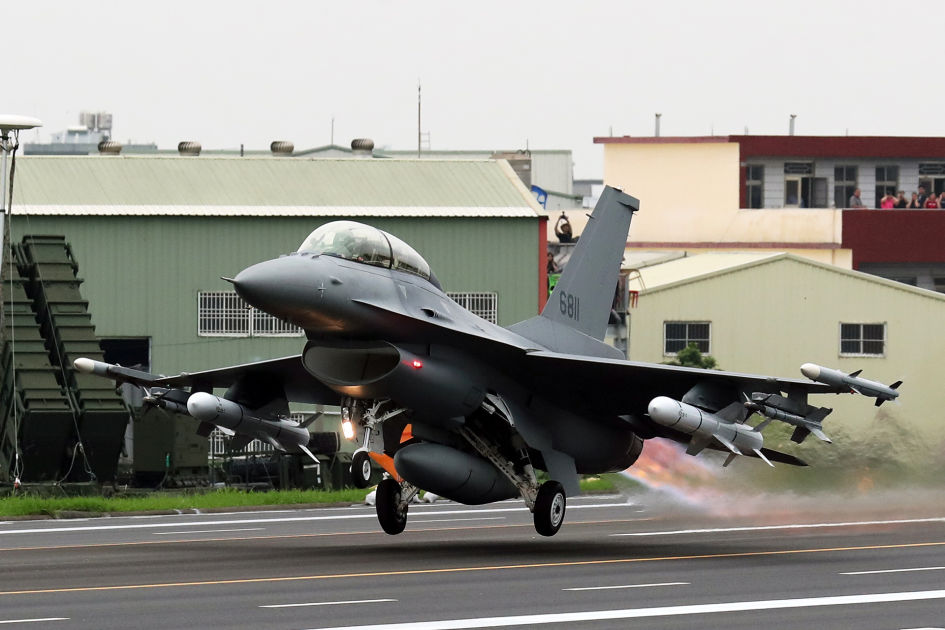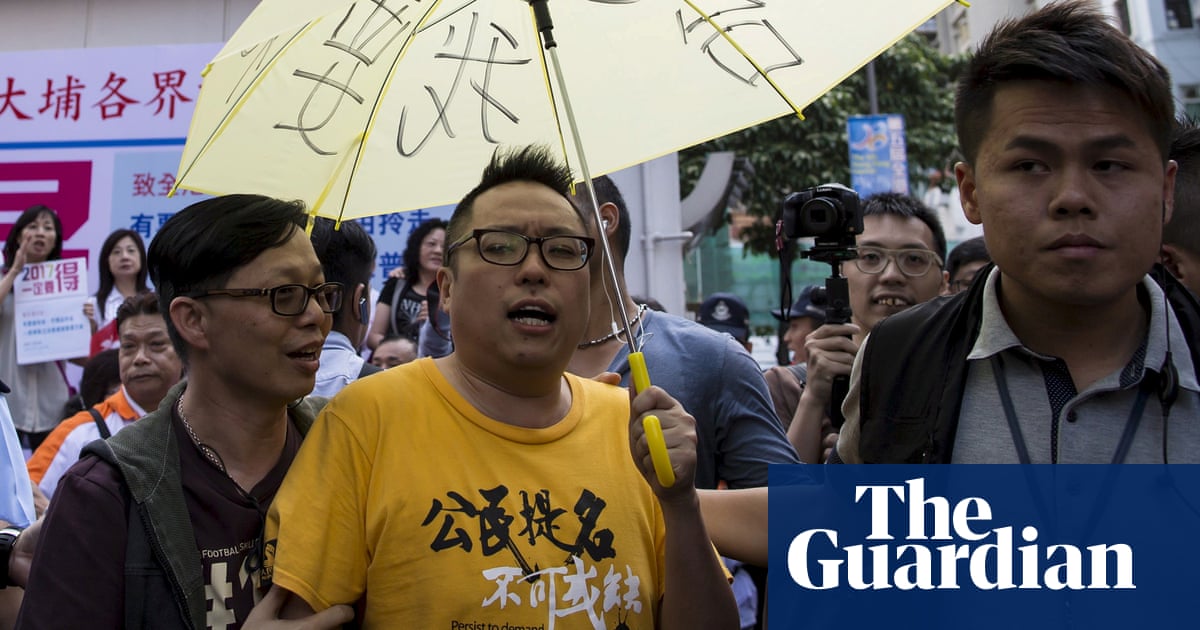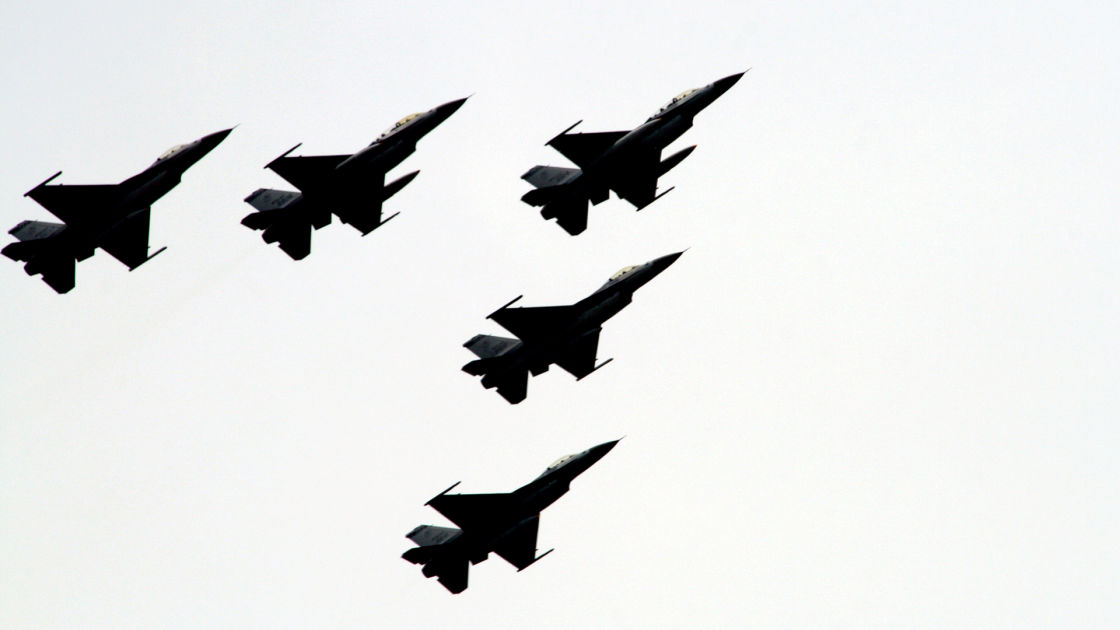Pystyykö joku lukemaan koko jutun maksumuurin takaa? Kuulostaa mielenkiintoiselta sopalta.
https://foreignpolicy.com/2019/08/01/vietnams-strange-ally-in-its-fight-with-china/
As heavily armed Vietnamese and Chinese coast guard ships
stare each other down in the South China Sea near the submerged Vanguard Bank, Hanoi appears to have found its spine despite threats from its gigantic neighbor. Unlike in the past two years, when Vietnam quietly
scrapped a pair of drilling ventures with the Spanish energy firm Repsol under Chinese pressure, Vietnam is currently
demanding that China withdraw its survey ship,
Haiyang Dizhi 8, and its escorts from the vicinity of the oil and gas blocks. This time, Vietnam has teamed up with an old friend and key shareholder in the drilling: the Russian government.
The facts on the ground have barely changed since the most recent standoffs in 2017 and 2018. All of them occurred within China’s “nine-dash line,” the imprecise self-defined boundary in which Beijing lays claim to almost all of the South China Sea. But the contested fields, all within the 35,000-square-mile, energy-rich Nam Con Son Basin, are also largely within 200 nautical miles of Vietnam’s coastline, the international rule of thumb for determining exclusive economic zones. China is distant—more than 600 miles away—leaving Beijing no real options under the global status quo to claim the Vanguard Bank.
Nonetheless, Vietnam called off drilling in Blocks 136/03 and 07/03, the Vietnamese-licensed drilling concessions that last came under Chinese scrutiny under murky circumstances. While the reasons for the cancellations were never publicly disclosed, reports from Hanoi and within the industry suggested that China had threatened to
invade Vietnamese bases in the Spratly Islands, a disputed territory that the two violently fought over in the 1980s. Vietnam, attempting to salvage its security situation amid
doubts over the Trump administration’s commitment to the region, went on the retreat. It also did not help that the Philippines, which until recently had been a reliable fellow opponent of the nine-dash line, suddenly expressed ambivalence following the 2016 election of President Rodrigo Duterte.
But last time, the Madrid-based Repsol risked being cut off from its hundreds of millions of dollars in investments and potential revenue. This time, a much tougher partner is involved: Rosneft, whose primary shareholder is the Russian government. Gazprom also operates nearby, as does Zarubezhneft, a wholly Russian state-owned firm founded in 1967 whose local Vietsovpetro joint venture with PetroVietnam is all that is left of the Soviet Union’s once mighty overseas fossil fuel ventures. Where Repsol, a private firm from a minor world power, held little geopolitical clout, Russia can be expected to play old-fashioned great-power politics to defend cash flows to the state.
The Kremlin’s policy on the South China Sea dispute has never been straightforward. Officially neutral, Moscow usually provides tacit diplomatic cover to Beijing by publicly insisting that nonclaimant countries ought to stay away from the dispute. Attempts to portray the conflict as a problem of global significance, it argues, are cynical misrepresentations to justify American power grabs.
Moscow also shares Beijing’s distrust for the institutions standing in China’s way—President Vladimir Putin
said Russia was “solidarizing with and supporting China’s stance” after the latter refused to recognize the Permanent Court of Arbitration’s 2016 ruling against the nine-dash line. The Russian approach to the South China Sea is not unlike China’s toward the 2014 annexation of Crimea: ostensibly neutral but deferential to the local great power while steadfastly opposed to the matter being settled in Western institutions.
But while the Kremlin’s rhetoric may be useful for China, its actions at sea have been less so. Although Russia may not officially take Vietnam’s side in the dispute, its companies are the only ones currently producing at the country’s behest within the nine-dash line. This is no minor transgression—at a time when Chinese
maritime militias ruthlessly attack foreign fishermen and its military positions itself to strong-arm Vietnam out of its oil and gas fields, Russia’s cooperation with Vietnamese resource extraction is a serious (albeit low-key) affront, even if the Kremlin carefully avoids calling attention to it.
While no one expects Russia to deploy an armada from Vladivostok to challenge the People’s Liberation Army Navy, China has plenty to lose if it plays its hand too strongly against Rosneft.
While no one expects Russia to deploy an armada from Vladivostok to challenge the People’s Liberation Army Navy, China has plenty to lose if it plays its hand too strongly against Rosneft.
China’s Belt and Road Initiative, with its lofty plans to connect Eurasia, must carefully thread routes through what Russia considers to be its backyard. Some
$7 billion of Chinese wealth has already been strategically placed in Ukraine, which remains locked in an undeclared war against Russian forces in its east. Georgia, whose ties with Russia have long been poisoned, has also
flirted with the Belt and Road. China is also spreading its largesse among Russia’s friends in the Eurasian Economic Union, and an ambitious project to link Kazakhstan with Belarus is already underway.
Keeping the peace between two powers requires substantial give and take and inevitable conflicts that must be addressed quietly as spheres of influence are established and reinforced. As a result, joint Russian-Vietnamese oil drilling off the southern Vietnamese coast is almost definitely on the negotiating table.
China, isolated as it is amid the U.S. trade war and a general wave of Western disengagement, is also in no mood to antagonize the only power that cuts it slack in the South China Sea. While it may not be in Russia’s interests to side with the regular U.S. denunciations of Chinese maritime expansionism, neither does the Kremlin particularly want Beijing to control the multitrillion-dollar shipping lanes linking the Indian and Pacific oceans.

 www.taiwannews.com.tw
www.taiwannews.com.tw


